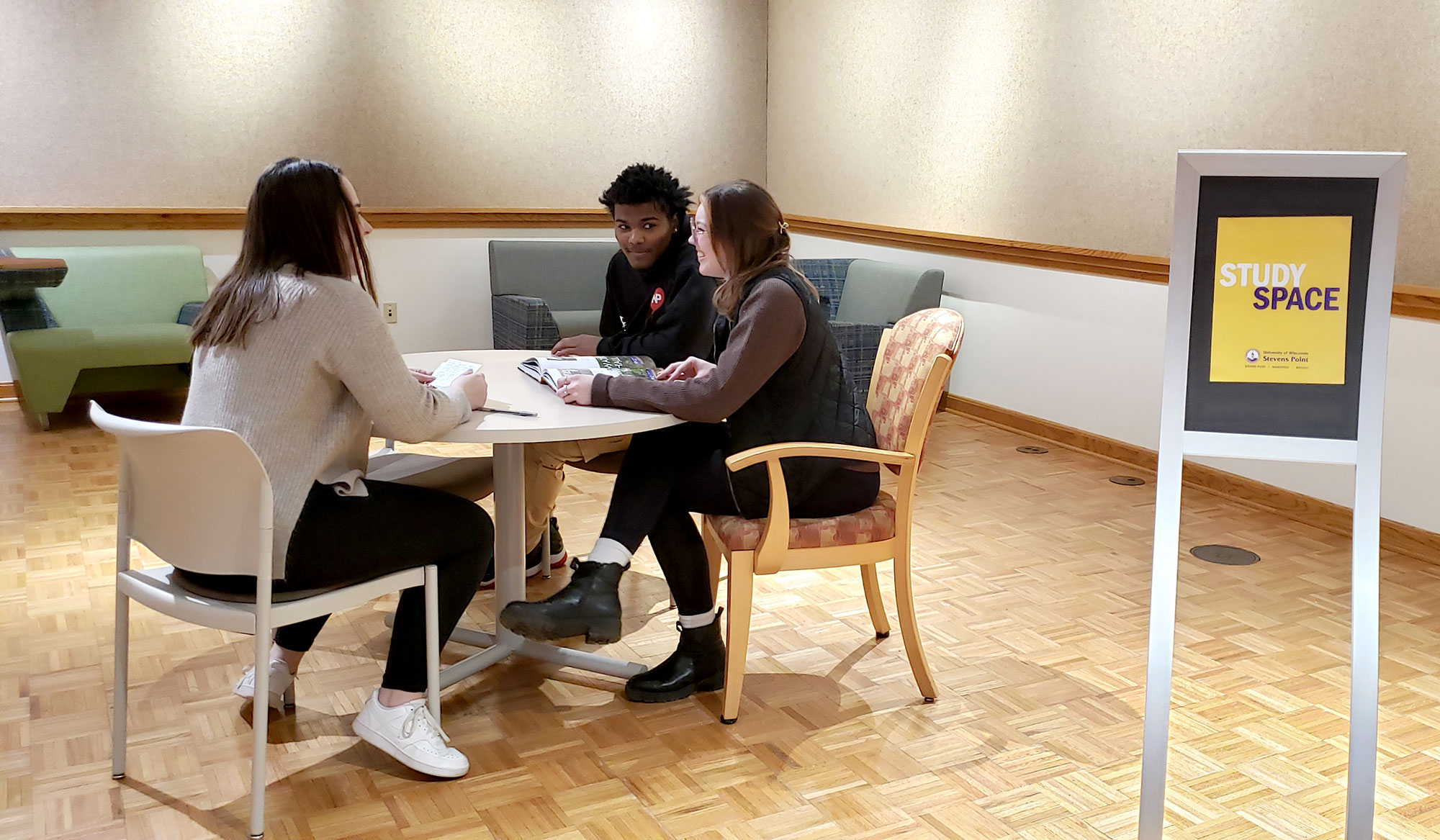
During high school, I got told, “This won’t fly in college,” so many times I can’t even count. Well, they were right. Growing up I was the kid that got easy A’s by doing the bare minimum, even passing my AP courses that way. When I got to college, I assumed it would be the same thing just a different building and boy did I get a rude awakening. The “D” on my first-ever college exam wavered my previous thoughts. I went to class every day and did the bare minimum amount of homework; I should have my “A.” I tried to figure out what I could do to improve but found myself stuck in my old habits. Eventually, I buckled down and learned what helps me study, and what’s better to do than to share those with you? So here it is, my ultimate guide to college study time.
#1: Teach someone the material you’re trying to learn.
This one has saved me in a lot of classes, which is why it gets the #1 spot. Not only do you retain the information better when you are trying to teach someone else, but it also helps you vocalize all the information you are learning. One of the best benefits of teaching someone else the information is that you can find where you are struggling and revisit those areas to strengthen your learning. Don’t have someone to teach? Not a problem! Try a pet, or maybe a poster in your room.
#2: Take meaningful breaks.
When exam time came around, I used to sit at my desk for hours and try to cram in as much information as possible and hope I retained it well enough to pass. Little did I know back then that I was actually hurting my studying more than I was helping. Taking breaks anywhere from 5-60 minutes long during your study sessions can significantly help your ability to focus, productivity, and memory.
#3: Reward yourself.
Studying can get exhausting. I completely get it. Having small rewards set along the way, or even during your study breaks can help you motivate yourself to finish the work at hand. Try setting a piece of candy on every couple of paragraphs while trying to finish your course reading, or grabbing your favorite drink to sit down and study with.
#4: Rewrite in-class notes.
Often times there is a lot of information in class to add to your notes and the information becomes a jumbled mess. As part of your studying, rewrite your notes into a more effective format such as the Cornell or mapping methods. This way, not only are you revisiting the information and compartmentalizing it together, but you will also have structured notes to refer back to at a later date.
#5: Schedule study time.
This one isn’t really a tip about how to study, but more around time management. I found it a lot easier to stay motivated and on top of my studies when I designated a specific time for it in the day. Try setting aside an hour or so each day whenever it works in your schedule and set all distractions elsewhere. By having this time set specifically for studying, you can get into a routine and ultimately become more consistent. If you find yourself with extra time during these periods, you can even get ahead on the longer-term projects and papers.
Conclusion
Hopefully, you find some ideas or inspiration from my study tips so you don’t make the same mistakes I once did when I began college. The most important piece of information to know about studying is to know what works best for you. I highly suggest searching up different styles of studying and trying them out to find what you like the best. And don’t forget, if you’re ever really struggling to learn the material, try popping into your professor’s office hours or scheduling some time to sit down with them.
Happy learning!

Ariana Mueller is a business administration student in the Sentry School of Business and Economics at the University of Wisconsin-Stevens Point. Originally from Wausau, Wis., Ariana serves as a peer adviser in the Anderson Classroom to Career Center.
